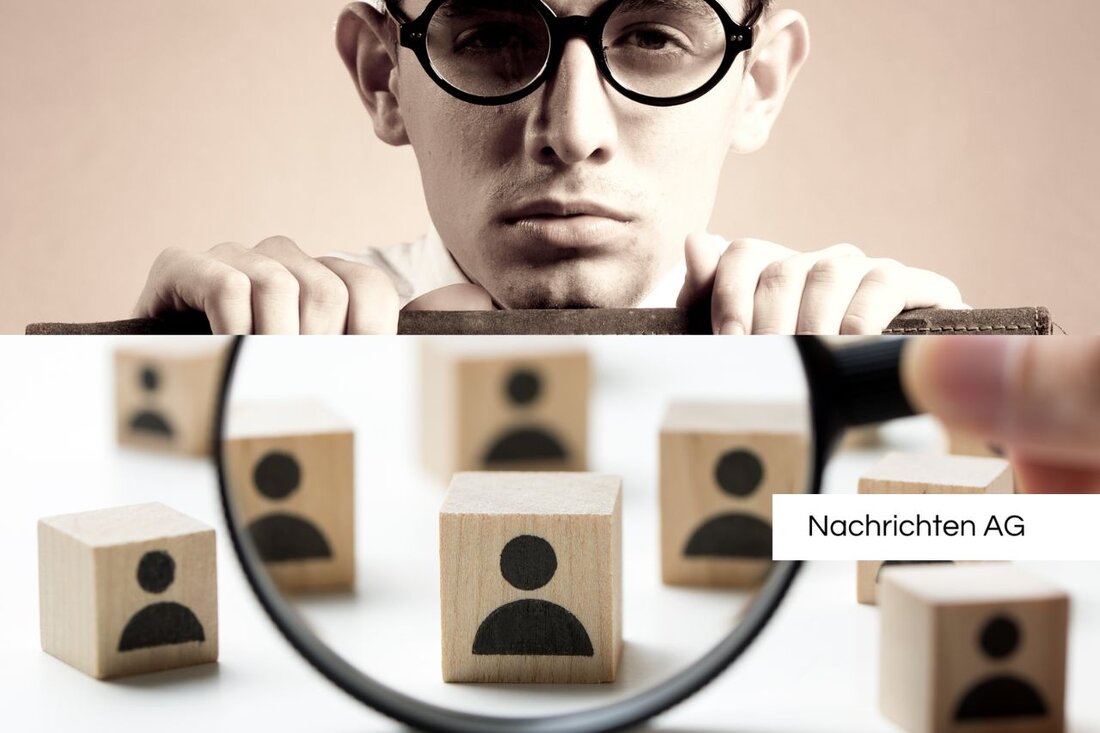Iran stops IAEA cooperation-new tensions after attacks!
Iran stops IAEA cooperation-new tensions after attacks!
Fordo, Iran - The relationships between Iran and the international atomic energy organization (IAEA) have drastically deteriorated after the Iranian government, the parliament and the public criticized the targeted decision of IAEA boss Rafael Grossi to monitor the Situation in the country. According to the Iranian government, Grossi is perceived as partisan, which has led to his exclusion from Iran. Foreign Minister Abbas Araghchi said that Grossi was no longer welcome in Iran, since the security of the IAEA inspectors cannot currently be guaranteed. This escalation takes place in the context of the war between Israel and Iran, which began on June 13 and ended after twelve days with a ceasefire. The IAEA had previously stated that Iran violated the nuclear weapon locking contract, which further fueled the tensions between the countries and tightened the situation.
The IAEA reported considerable damage to the Iranian uranium enrichment system in Fordo, which were caused by US attacks with bunker-breaking bombs. These bombs can create explosions at a depth of up to 60 meters, while the centrifuges of Iran may be up to 90 meters below the surface. IAEA General Director Grossi estimates that Iran's skills could largely be destroyed for enriching bombable material in Fordo. So far, however, there is no independent confirmation of the extent of the damage, and the Iranian atomic energy organization is currently evaluating the destruction. Araghchi informed Grossi about special measures to protect nuclear equipment and materials.
US attacks and their consequences
The US attacks on the Attacherlage Fordo have not only led to a military but also a diplomatic crisis. President Donald Trump claimed that the attacks had "completely and totally wiped out the Iranian nuclear program". Western states accuse Iran of secretly developing nuclear weapons, while Tehran vehemently emphasizes that his nuclear program is only useful for civil purposes. In 2018, the United States unilaterally announced the 2015 International Nuclear Agreement, which should prevent Iran from building nuclear weapons. Before the military actions, US and Iranian negotiations on a new agreement were underway.
The IAEA calls for Iranian investments to clarify the whereabouts of the enriched uranium, in particular 400 kilograms, which are enriched up to 60 percent. There are rumors about a possible withdrawal Iran from the nuclear weapon blocking contract, which could further complicate the situation. Despite the heavy attacks on Iranian facilities, Grossi advocates diplomacy and is a mediator. He appeals to the political courage of the nations involved to prevent another conflict and to ensure nuclear security in military conflicts.
The discussion about Iranian nuclear policy and the interactions with international security issues remain tense. The IAEA currently has 180 member states, which gives an idea of the diplomatic complexity in the region and worldwide. The recent events show how military aggression can directly endanger the security of nuclear programs. A comprehensive solution could only be achieved through international cooperation and dialogue.
| Details | |
|---|---|
| Ort | Fordo, Iran |
| Quellen | |


Kommentare (0)